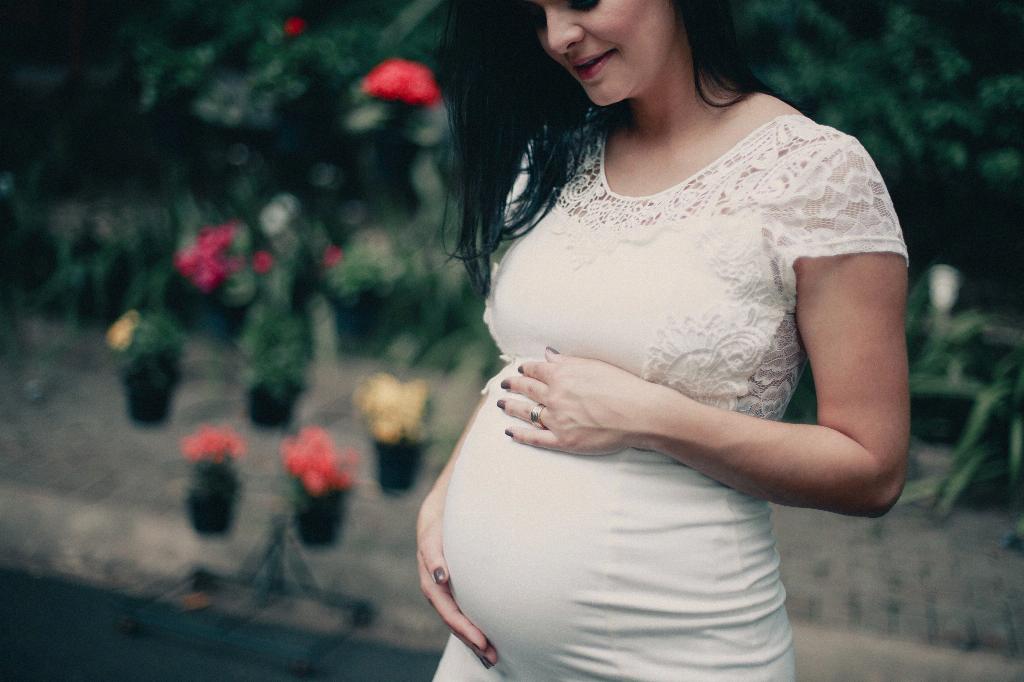When it comes to the question of whether babies are fully developed at 38 weeks, it is important to consider the crucial development that occurs in the final weeks of pregnancy. While some may believe that babies are fully developed at 38 weeks, experts recommend that babies stay in the womb for at least 39 weeks to ensure optimal development.
Importance of Full-Term Pregnancy
Babies born too early, before completing 39 weeks of gestation, may face a higher risk of health problems both at birth and later in life. These health issues can range from respiratory difficulties to developmental delays, highlighting the significance of a full-term pregnancy for the well-being of the baby.
Organ Development
During the final weeks of pregnancy, key organs such as the brain, lungs, and liver undergo essential growth and maturation processes. These organs play critical roles in the functioning of the baby’s body, and giving them adequate time to develop can significantly impact the baby’s overall health and well-being.
Brain Development
The brain is one of the most vital organs undergoing development in the womb. By staying pregnant for the full 39 weeks, the baby’s brain has the opportunity to further mature and establish important neural connections that are crucial for cognitive development and overall brain function.
Lung Development
One of the key considerations in determining the readiness of a baby for birth is the development of their lungs. Babies born at 38 weeks may have immature lungs, making breathing more challenging. By waiting until 39 weeks, the baby’s lungs have more time to develop fully, reducing the risk of respiratory complications.
Liver Development
The liver is another vital organ that requires sufficient time to develop before birth. By allowing the baby to reach 39 weeks of gestation, the liver can undergo essential growth and maturation processes, ensuring that it can perform its critical functions effectively after birth.
Weight Gain and Nutrient Storage
During the final weeks of pregnancy, the baby continues to gain weight and store important nutrients that are vital for their growth and development. Babies born at 38 weeks may have less fat stores and lower birth weights than those born at 39 weeks, which can impact their overall health and resilience.
Reflexes and Motor Skills
Remaining in the womb until 39 weeks allows the baby to further refine their reflexes and motor skills. These skills are essential for feeding, breathing, and overall mobility after birth. Babies born earlier than 39 weeks may have less developed reflexes and motor abilities, potentially leading to difficulties in these areas.
Overall Health and Immune Function
A full-term pregnancy plays a crucial role in establishing the baby’s overall health and immune function. Babies born at 38 weeks may have a higher risk of infections and other health issues due to their immune systems being less mature. Waiting until 39 weeks can help strengthen the baby’s immune defenses and promote better health outcomes.
Temperature Regulation
One of the challenges faced by babies born prematurely is their ability to regulate body temperature. Babies born at 38 weeks may have more difficulty maintaining a stable body temperature, increasing their risk of complications. By reaching 39 weeks, babies are better equipped to regulate their body temperature effectively.
Bonding and Breastfeeding
Allowing the baby to remain in the womb until 39 weeks also provides important benefits for bonding and breastfeeding. Both the baby and mother have more time to establish a strong bond before birth, and babies born at 39 weeks may have an easier time with breastfeeding due to their increased readiness and maturity.
Conclusion
In conclusion, while babies may continue to develop in the final weeks leading up to birth, it is recommended that babies stay in the womb until at least 39 weeks to ensure optimal development of essential organs, proper weight gain, mature reflexes, and overall health and well-being. Waiting until 39 weeks can help reduce the risk of health problems and provide the baby with the best possible start in life.

